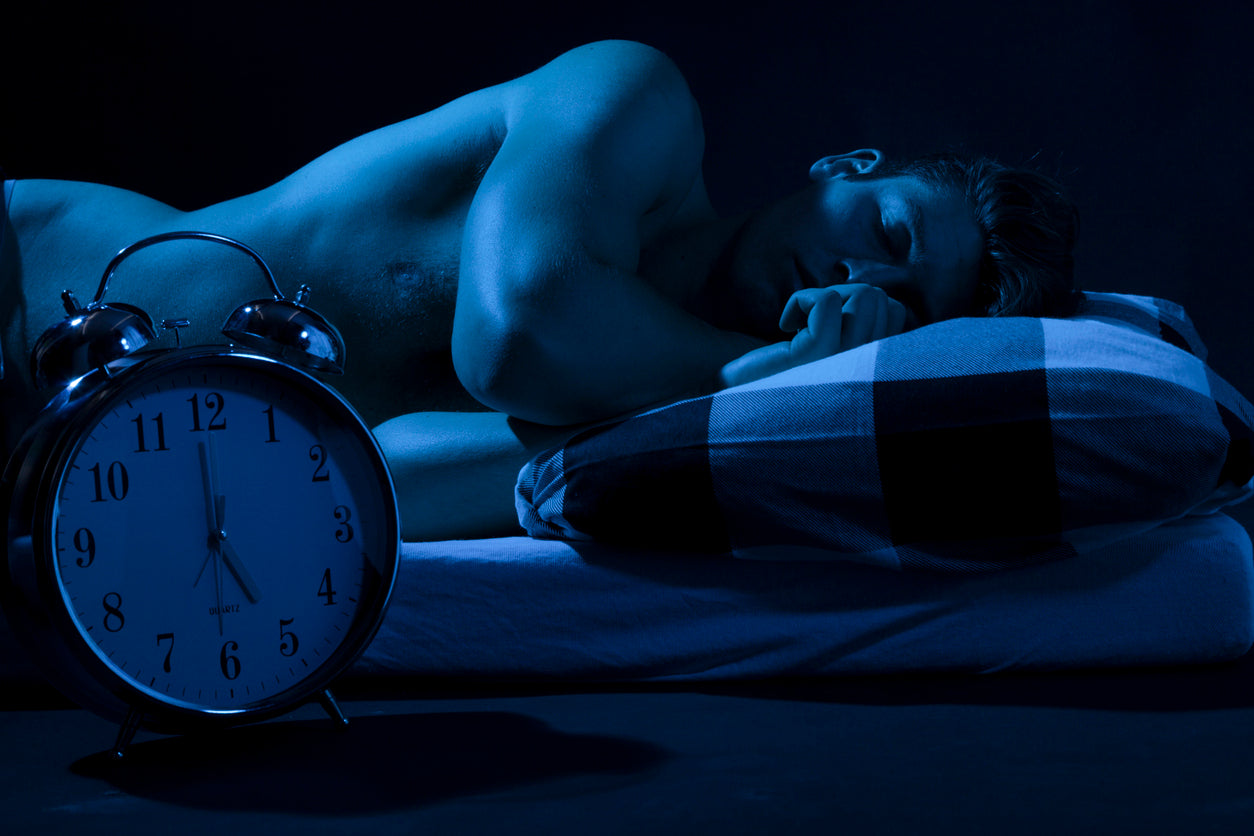
Nutrition folklore states that late-night carbohydrate consumption will cause weight gain and hinder fat loss. Often, the magic cut off time of 6 pm is given. The legend says that carbohydrates consumed after this time will are no utilised as energy and go on to be stored as body fat.
Hatred for carbohydrates at night is widespread, especially among celebrities, influencers and bloggers. Is the disdain for PM carbohydrates justified, or is ''no carbs at night'' a long-debunked myth that won't seem to go away? Let us take a look.
Late Night Carbs Are Evil: The Origins
The reasoning behind the no carbohydrates at night recommendation is as follows (well, something like this):
Carbs are our bodies favourite fuel source. Consuming them during the day is okay because we are active and will thus burn them off. Consuming them at night, before bed, is problematic because when we sleep they will not be burned due to lack of activity. Our metabolism slows down, and therefore the unused carbohydrates will be stored as body fat.
The logic behind this seems reasonable. When we lie down for 7-8 hours, it seems intuitive that we would burn less energy, and our metabolic rate would slow. Is this the case, though?
 One study showed that metabolic rate decreased in the first half of sleep by around 35%, but rose significantly in a phase of sleep known as rapid-eye-movement (REM) sleep. The question then gets raised, do the fluctuations in metabolic rate during sleep - known as sleeping metabolic rate (SMR) - work out to be the same or close to our resting metabolic rate (RMR) during the day?
One study showed that metabolic rate decreased in the first half of sleep by around 35%, but rose significantly in a phase of sleep known as rapid-eye-movement (REM) sleep. The question then gets raised, do the fluctuations in metabolic rate during sleep - known as sleeping metabolic rate (SMR) - work out to be the same or close to our resting metabolic rate (RMR) during the day?
Evidence suggests that there is no significant difference unless you are obese. Things get even more interesting if you exercise (which I'm sure most of us do), the evidence suggests that our metabolic rate gets a further boost when sleeping, if we worked out that day.
So what's this all mean? In summary, your metabolic rate fluctuates during sleep, but unless you are obese, your metabolism will be burning just as many calories overall as it does when you are awake. Especially if you exercise during the day, then you may burn even more when the sandman comes to visit.
So, Late Night Carbs Aren't All That Bad?
Now we know that in theory, a slower metabolism when sleeping isn't a good reason to cut night-time carbohydrate consumption. How does this map onto the real world. What if you ate most of your carbs before bed, surely that would make you fat, right?
One interesting study looked at this directly. The study put 78 police officers on a diet and tracked them for six months. Each officer consumed the same amount of calories, but one group ate carbs during the day, whereas the other group ate most of their carbs at night time (around 80%).
Over the six month period, the officers who ate most of their carbs at night lost more weight and body fat than the day-time carb eaters. Furthermore, not only did the night-time carb eaters lose more body fat, they had favourable hormonal changes and were left feeling less hungry during the day, as a result.
The above certainly suggests that late-night carbs won't make you fat.
To Carb Or Not To Carb, That Is The Question

While the theory that consuming carbohydrates late at night is bad for fat loss might seem reasonable at first, it is easy to see that once you delve into the evidence, it doesn't really check out. The premises that it is founded on are false, one being that metabolism slows down at night and we burn fewer calories.
Sleep may seem like an inactive, passive state, but it's important to understand that it is quite active, especially for our brains (as I am sure you know from all the weird dreams). Our brains use around 20% of our calories and that continue into the night. And as mentioned above, metabolism may speed up at night, not slow down.
At the end of the day (no pun intended), the key takeaway here is if you want to eat carbohydrates at night, you can. It doesn't mean you have to eat all your carbs at night. However, if you aren't eating them because you think it may hinder your fat loss goals or make you gain weight, then that is not supported by the data. Ultimately, what will determine if you lose body fat or not is your overall diet.
-Gym Meals
